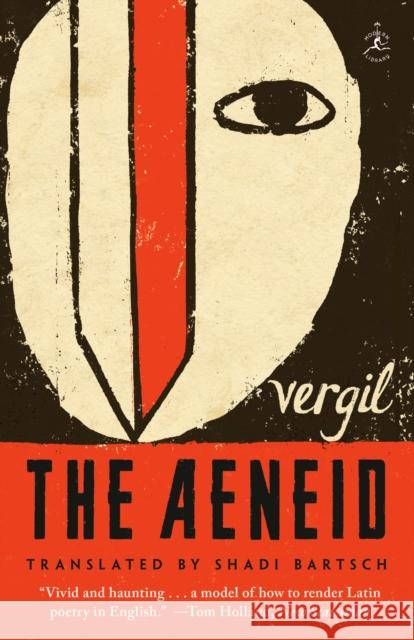The Aeneid » książka
topmenu
The Aeneid
ISBN-13: 9781984854124 / Angielski / Miękka / 2021 / 464 str.
The Aeneid
ISBN-13: 9781984854124 / Angielski / Miękka / 2021 / 464 str.
cena 68,61
(netto: 65,34 VAT: 5%)
Najniższa cena z 30 dni: 67,47
(netto: 65,34 VAT: 5%)
Najniższa cena z 30 dni: 67,47
Termin realizacji zamówienia:
ok. 16-18 dni roboczych.
ok. 16-18 dni roboczych.
Darmowa dostawa!
Kategorie:
Wydawca:
Random House USA Inc
Język:
Angielski
ISBN-13:
9781984854124
Rok wydania:
2021
Dostępne języki:
Angielski
Ilość stron:
464
Waga:
0.33 kg
Wymiary:
20.320.3 x 13.120.3 x 13.1 x 2
Oprawa:
Miękka
Wolumenów:
01
Dodatkowe informacje:
Bibliografia











